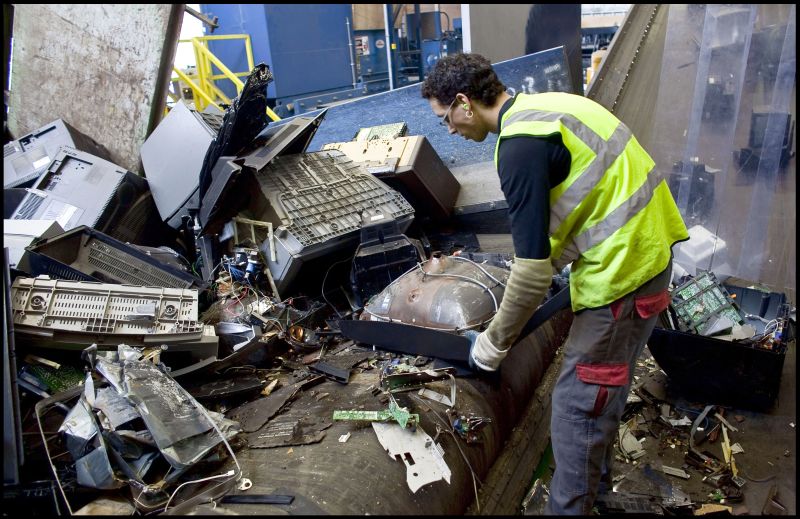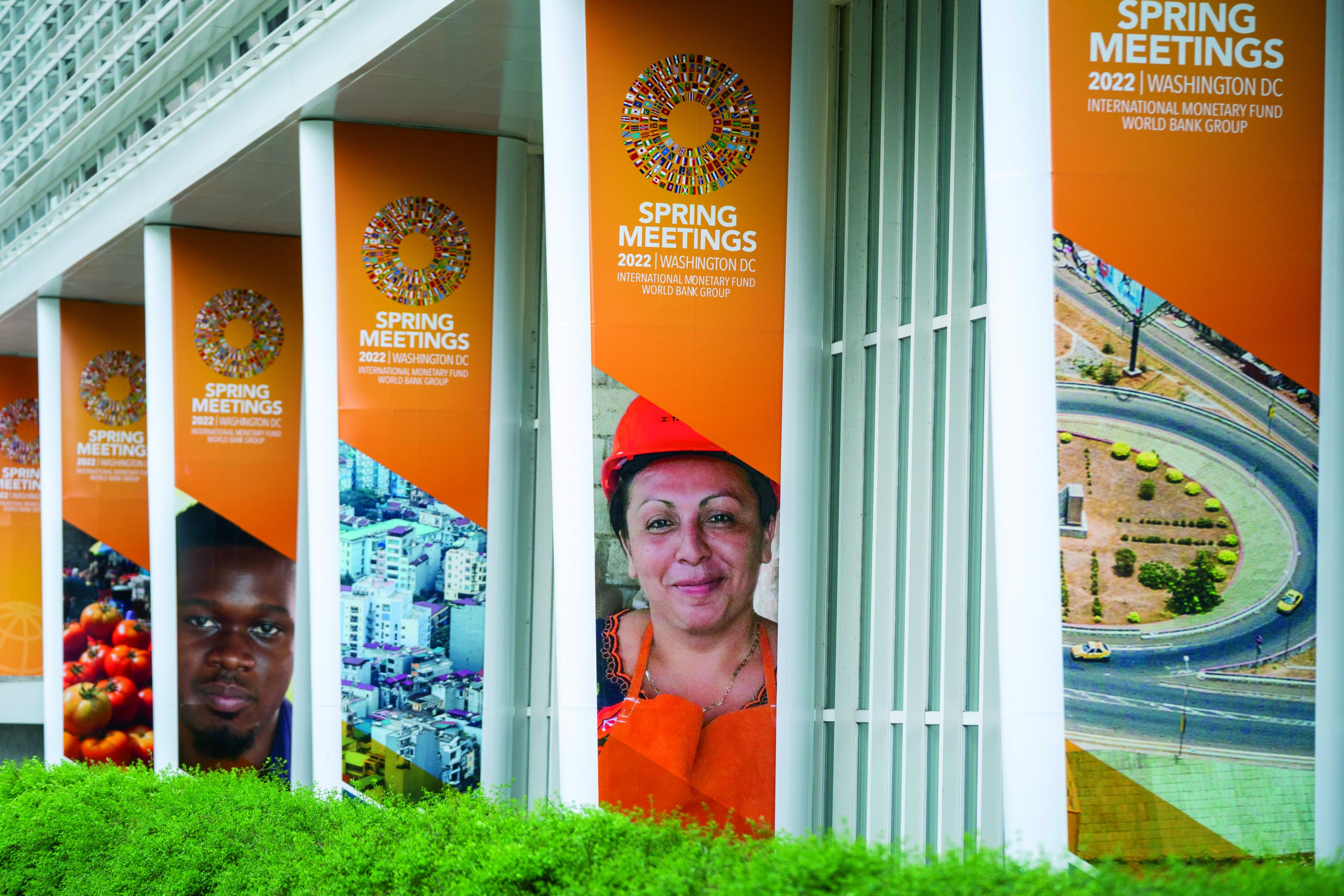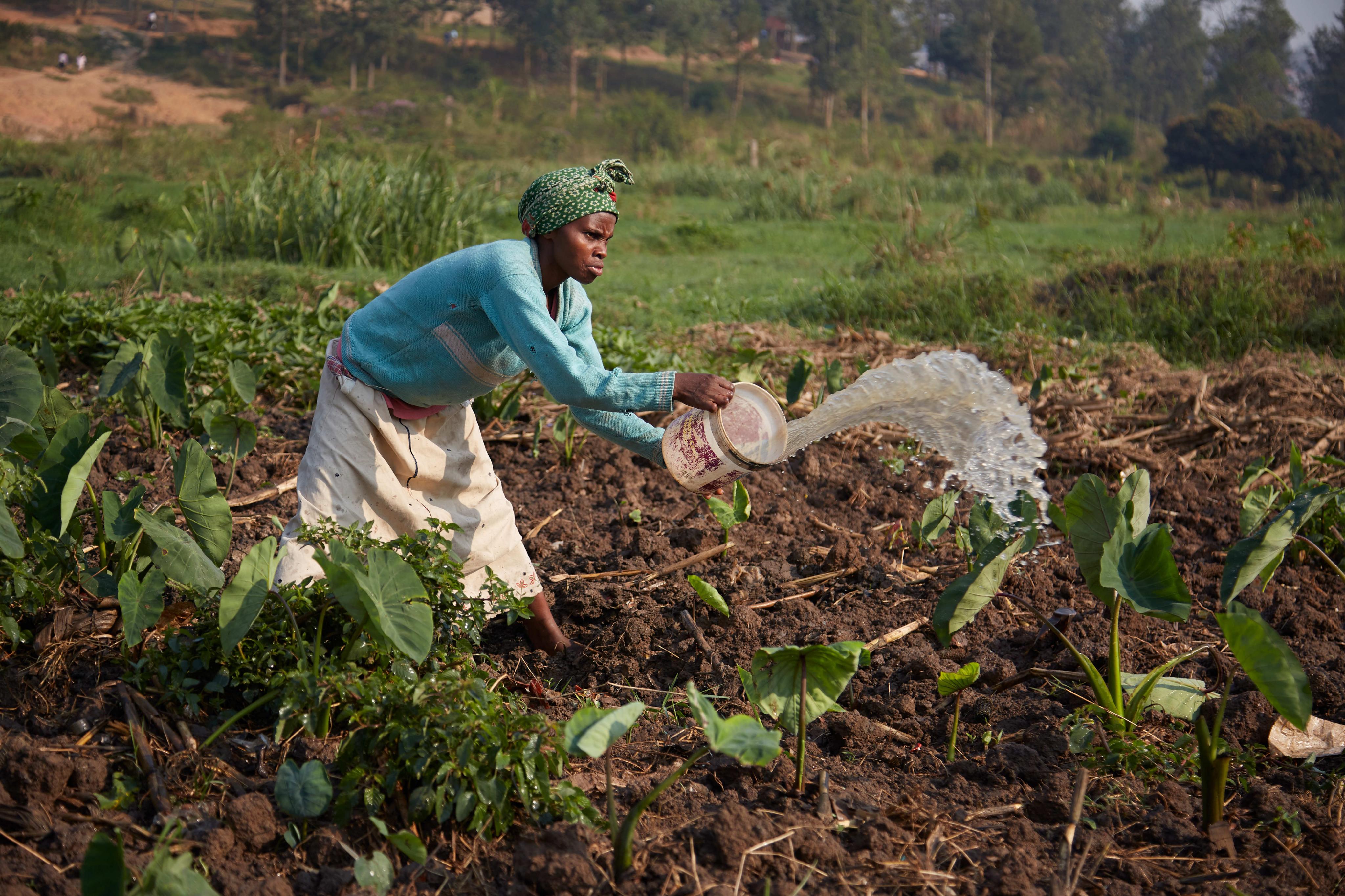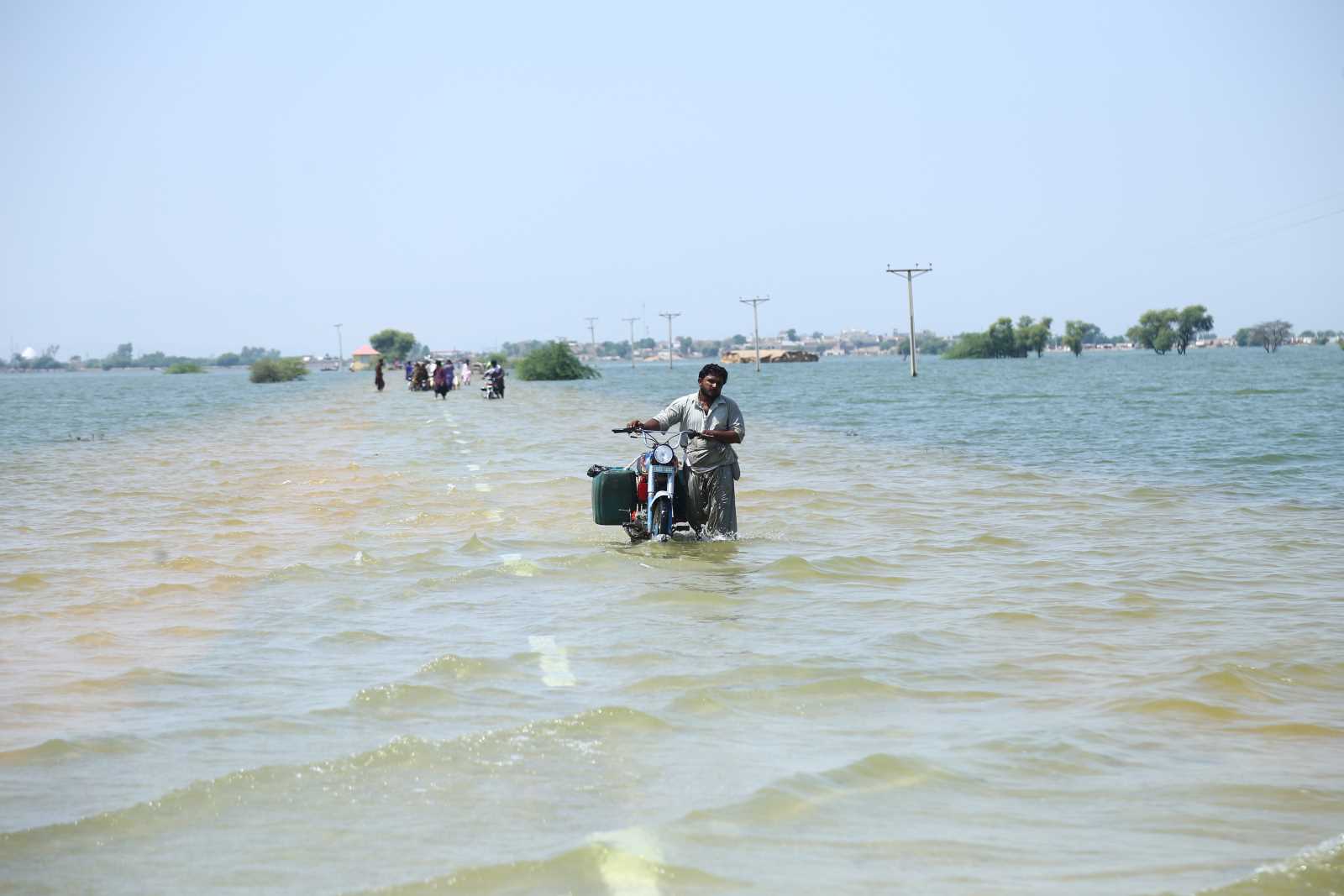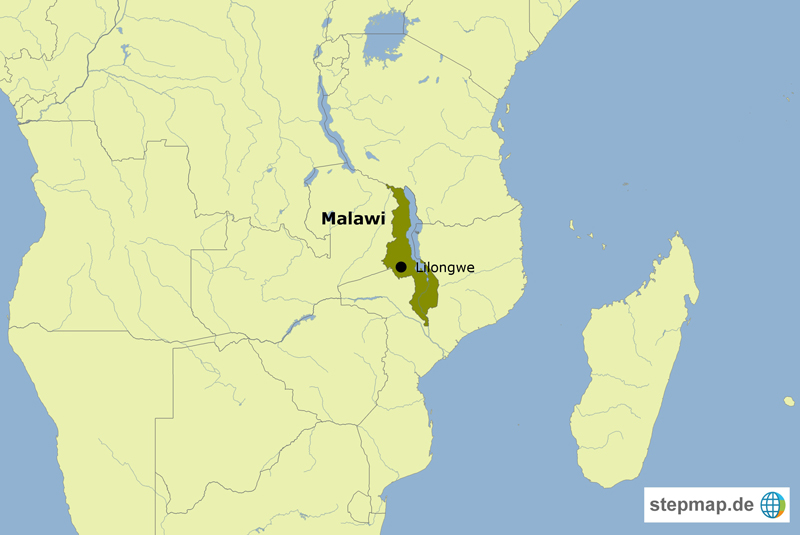Recycling
Why statistics are not enough
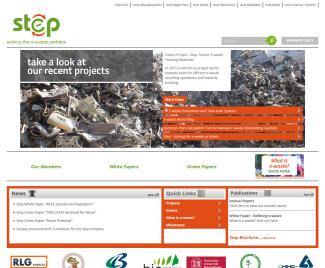
The initiative Solving the E-Waste Problem (StEP) was officially launched in 2007. It resulted from a sense of frustration with insufficient statistics. The UN University (UNU) and the computer manufacturer Hewlett Packard were among the founding partners. UNU’s mandate is to provide solid science-based information to policy-makers.
The StEP team, however, felt that merely compiling statistics would not be enough. It would make more sense to work on solutions at the same time, involving as many parties concerned as possible. After all, the institutions that could supply data were also the ones that needed solutions. Bearing this in mind, StEP reached out to manufacturers, recycling business and other relevant stake holders and interest groups.
StEP is running projects in five focus areas:
- policy and legislation
- redesigning of goods,
- reuse of goods,
- recycling of waste and
- capacity building.
StEP now has several dozen members from around the globe. They include international organisations such as the UN Environment Programme and the UN Industrial Development Organization, government agencies such as Japan’s ministry of environment or Germany’s GIZ, multinational corporations such as Dell and Microsoft and academic institutions such as Massachusetts Institute of Technology and the Technical University of Braunschweig. Each member contributes to at least one of the topical areas.
Link:
Solving the E-Waste Problem (StEP):
http://www.step-initiative.org/
